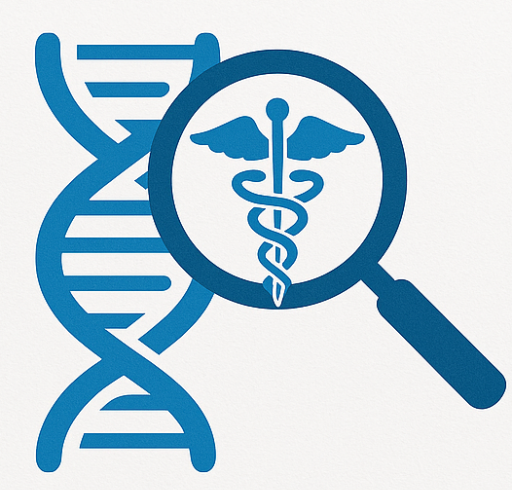🔍 What is PTEN?
PTEN stands for Phosphatase and TENsin homolog. It encodes a lipid phosphatase that:
- Converts PIP3 back into PIP2
- Effectively inhibits the PI3K/AKT/mTOR signaling pathway, which promotes cell growth and survival.
🛡️ In simple terms: PI3K activates cell growth; PTEN puts on the brakes.
⚠️ PTEN as a Tumor Suppressor
- In normal cells, PTEN keeps growth signals under control.
- Loss of PTEN function leads to unchecked AKT signaling, driving:
- Excessive cell proliferation
- Reduced apoptosis
- Increased survival of damaged or abnormal cells
- Genomic instability
📊 Prevalence of PTEN Loss or Mutation in Cancer
| Cancer Type | PTEN Alterations |
|---|---|
| Endometrial carcinoma | ~40–60% (very common) |
| Glioblastoma | ~30–40% |
| Prostate cancer | ~20–50% (especially advanced) |
| Triple-negative breast cancer | ~10–20% |
| Melanoma | ~5–15% |
| NSCLC | ~5–10% |
| Hematologic malignancies | Rare (<5%) |
🔬 Common Alteration Types:
- Point mutations
- Gene deletions
- Promoter methylation (silencing)
- Post-translational inactivation
⚙️ How PTEN Loss Causes Cancer
- PIP3 Accumulation
- PTEN normally converts PIP3 → PIP2
- Without PTEN, PIP3 accumulates → AKT stays permanently active
- AKT & mTOR Activation
- Drives:
- Protein synthesis
- Cell cycle progression
- Inhibition of apoptosis
- Angiogenesis
- Drives:
- Genomic Instability
- PTEN also regulates:
- DNA repair
- Chromosomal integrity
- Its loss increases mutation rates and chromosomal abnormalities
- PTEN also regulates:
